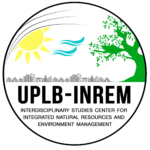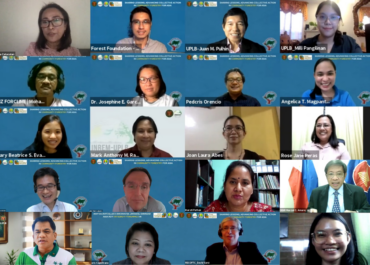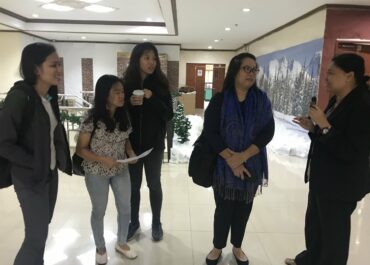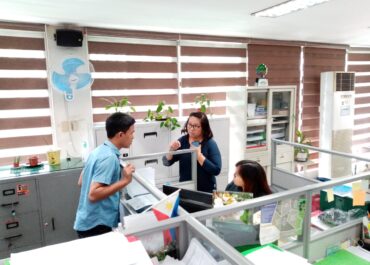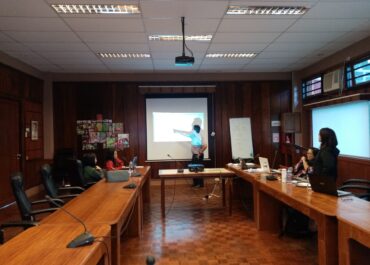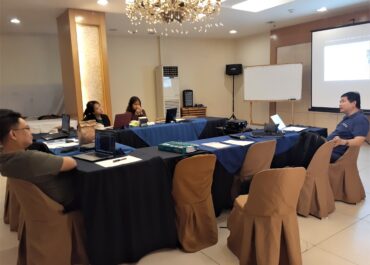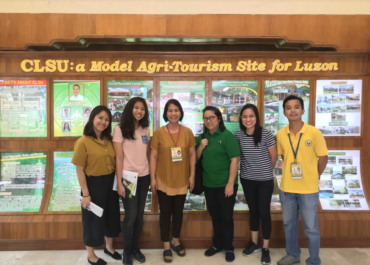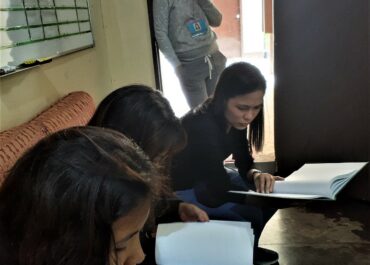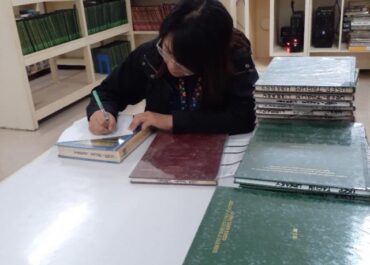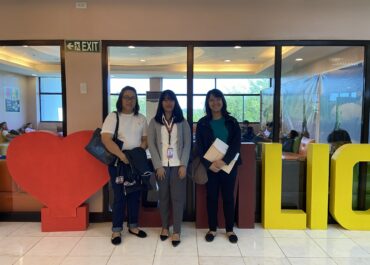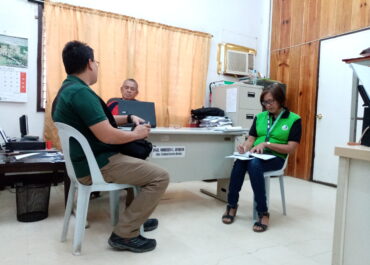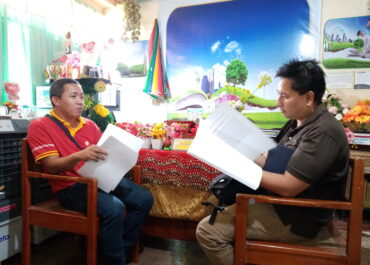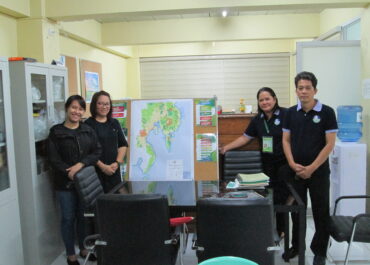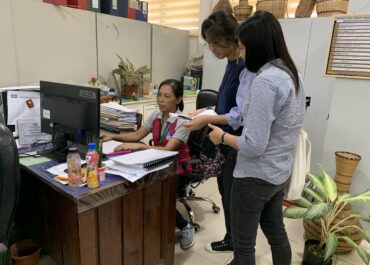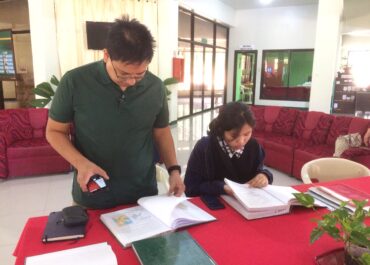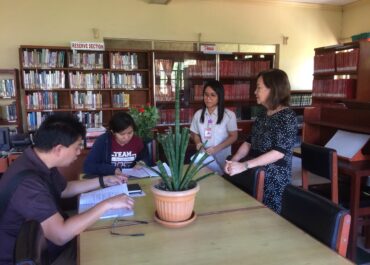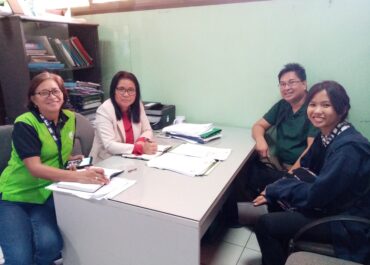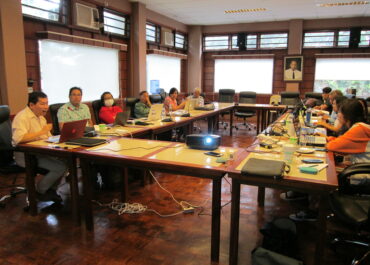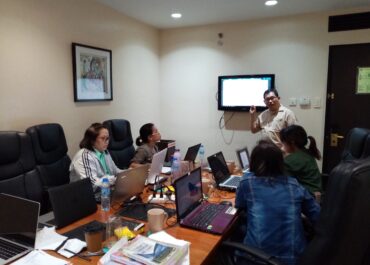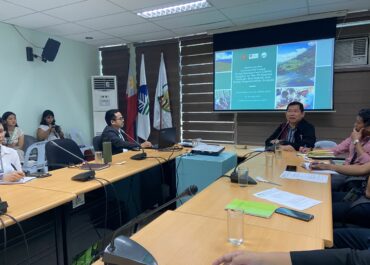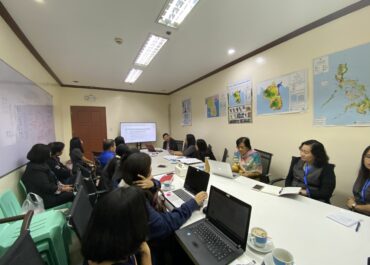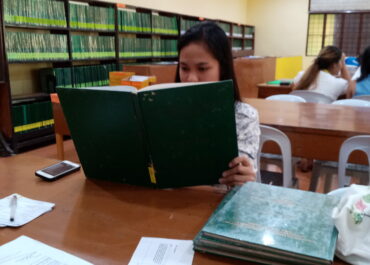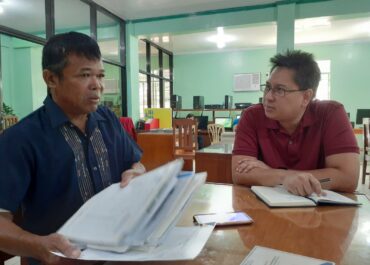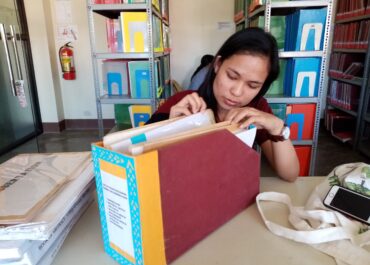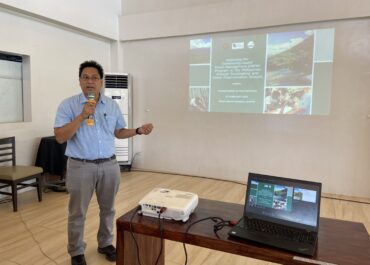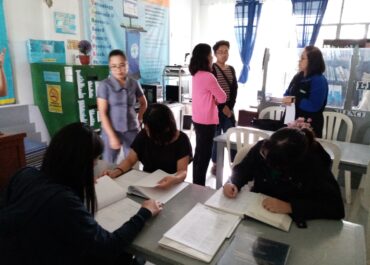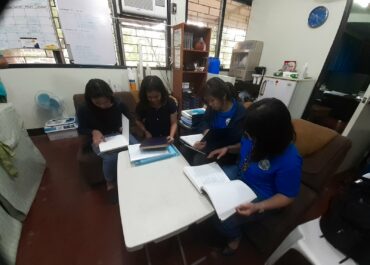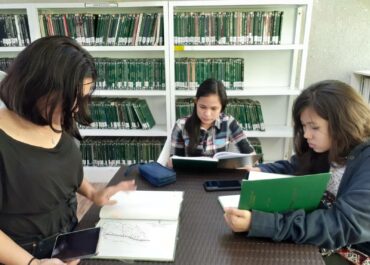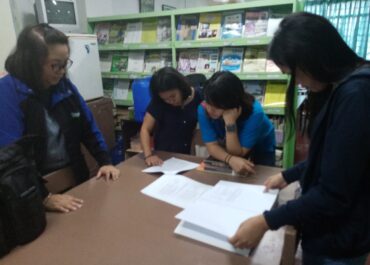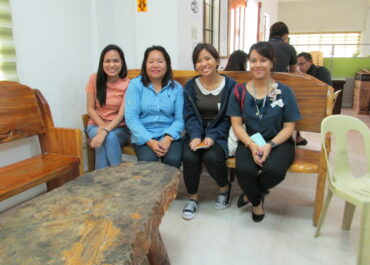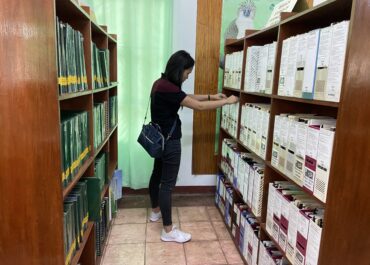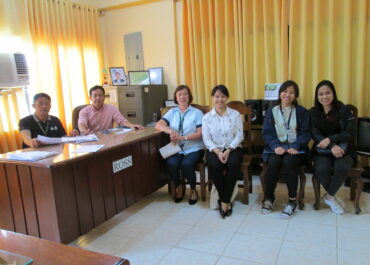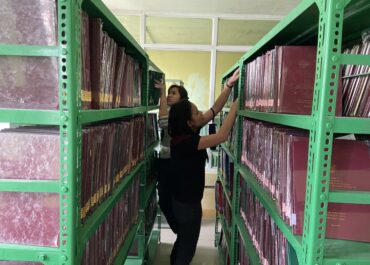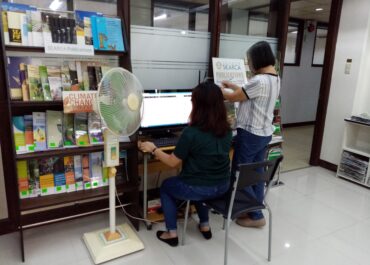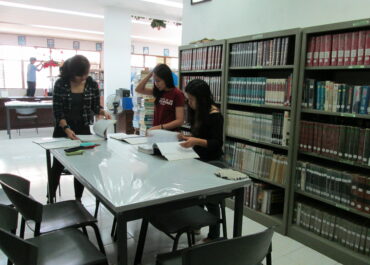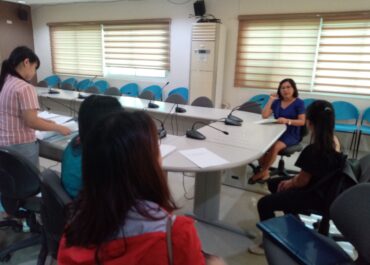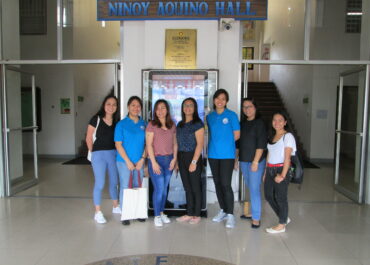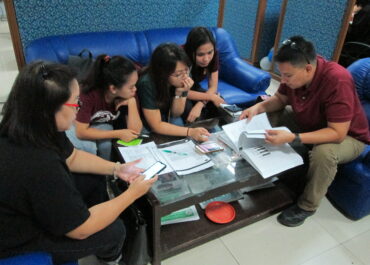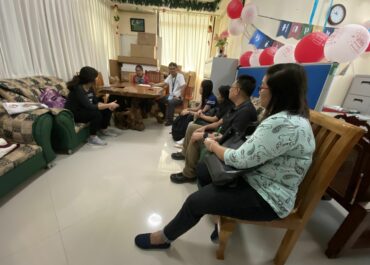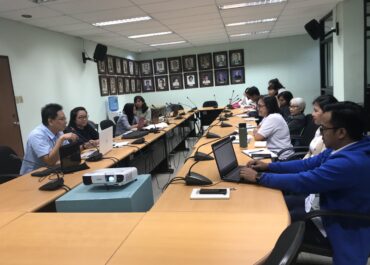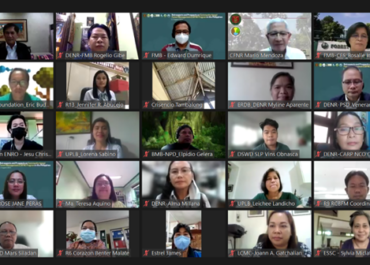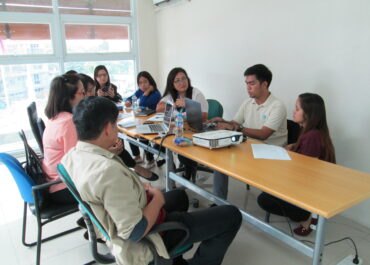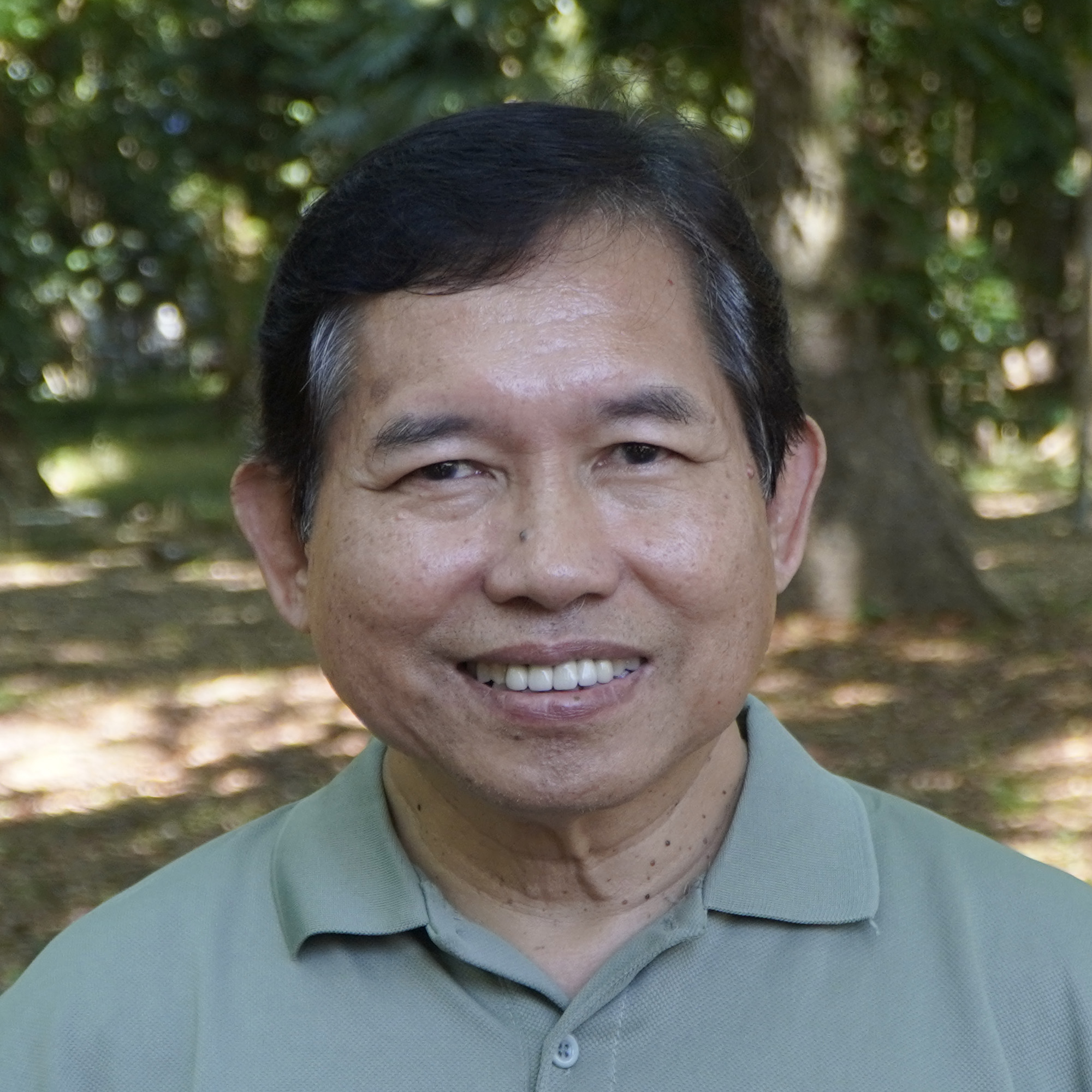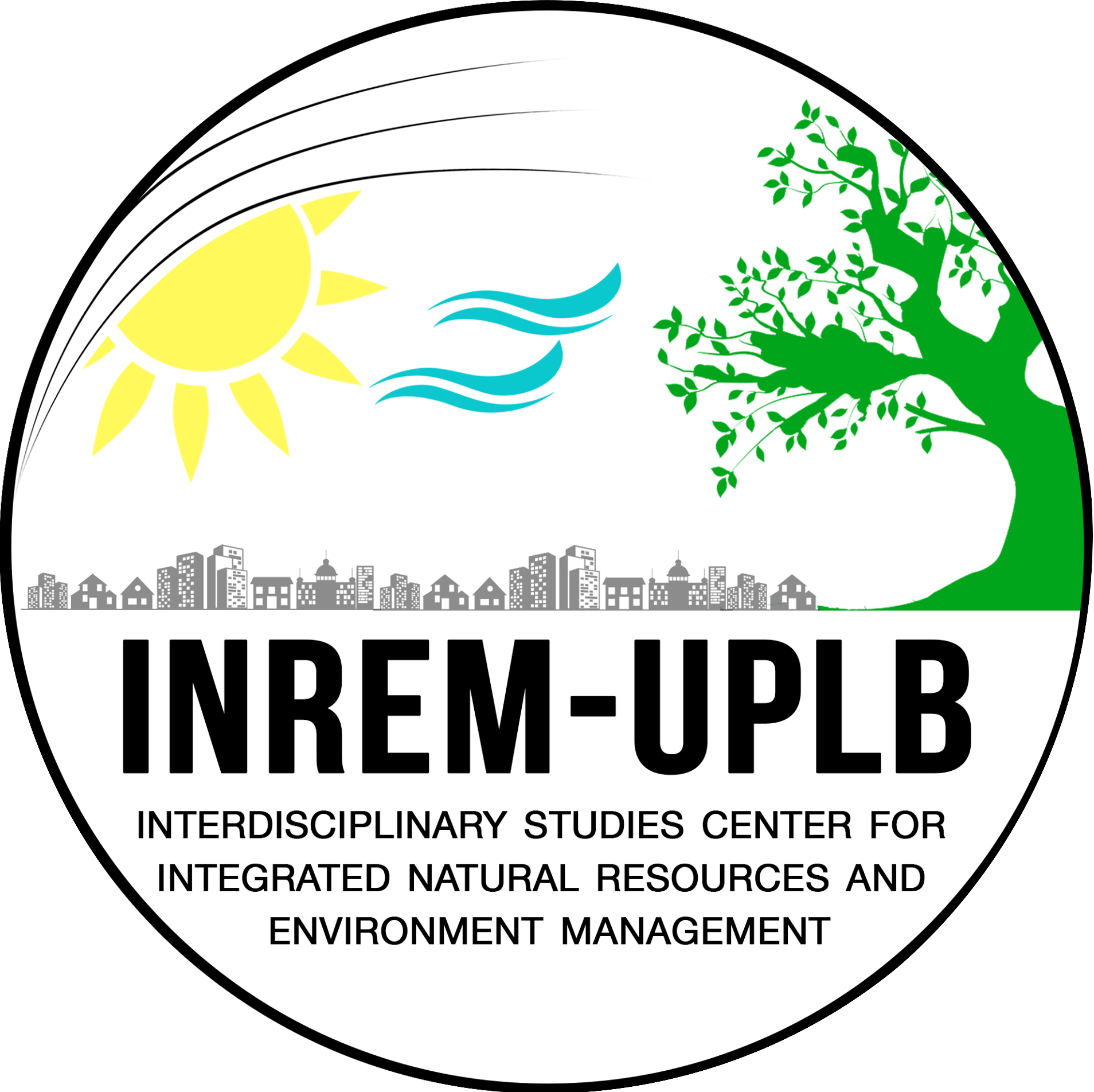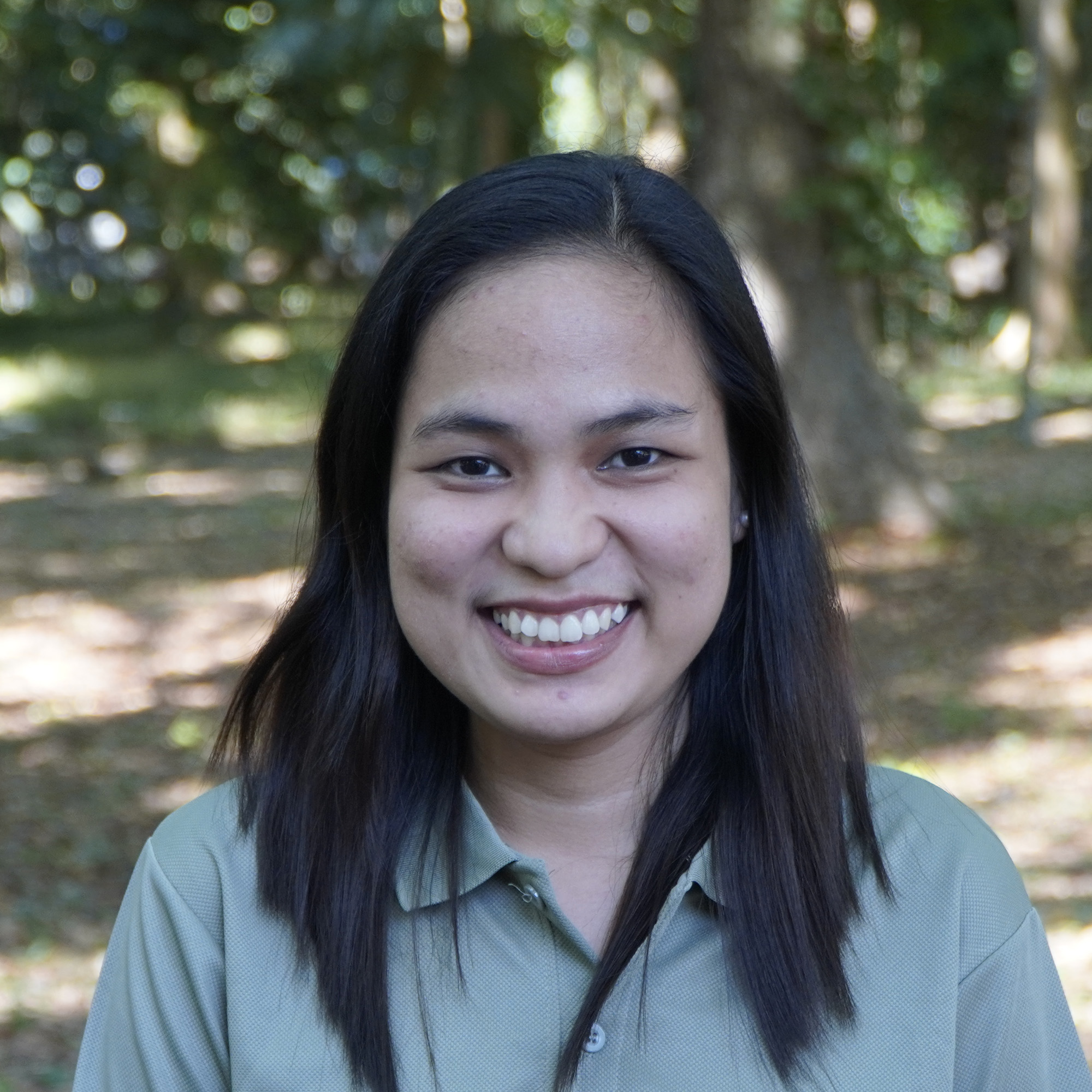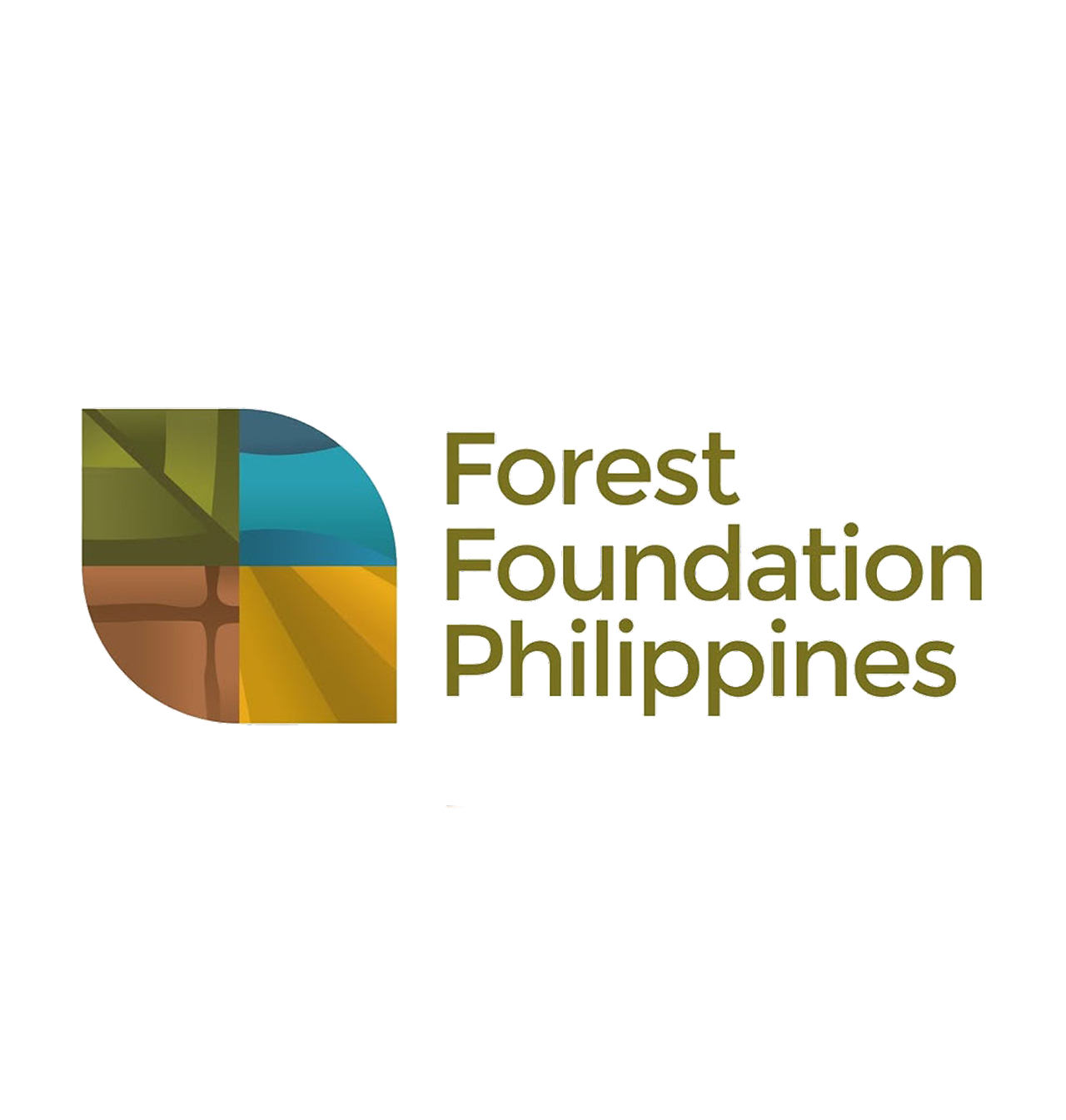Assessing the Community-based Forest Management (CBFM) Program in Philippines through Stocktaking and Forest Fragmentation Analysis
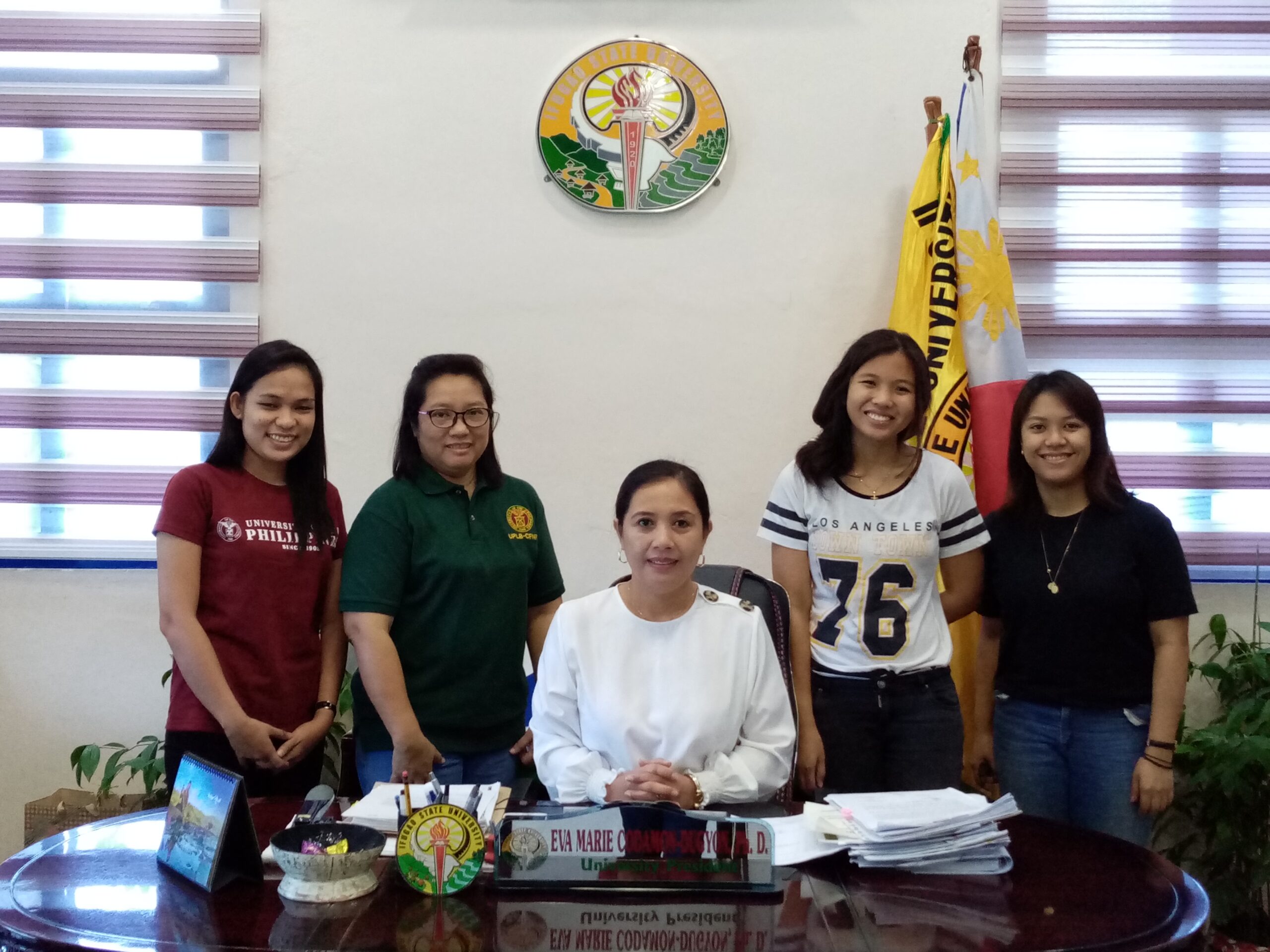
Assessing the Community-based Forest Management (CBFM) Program in Philippines through Stocktaking and Forest Fragmentation Analysis
the project aims to come up with an up-to-date assessment of the CBFM Program supported by empirical evidences to guide the government in crafting its future direction, particularly in ensuring sustainable forest management as well as elevate its achievements and importance at the regional level
| Program Title | Assessing the Community-based Forest Management (CBFM) Program in Philippines through Stocktaking and Forest Fragmentation Analysis |
| Project Leaders | Juan M. Pulhin |
| Implementing Agency | Interdisciplinary Studies Center for Integrated Natural Resources and Environment Management (IDSC-INREM), University of the Philippines Los Baños |
| Project Duration | October 2019 – April 2021 (extended to September 2021) |
| Funding Agency | Forest Foundation Philippines |
| Project Site | All Philippine Regions (except NCR and ARMM) |
| Project Grant | PhP 11,596,794.00 |
| Methodology | Stocktaking and Forest Fragmentation |
| Objective | To come up with an up-to-date assessment of the CBFM Program supported by empirical evidences to guide the government in crafting its future direction, particularly in ensuring sustainable forest management as well as elevate its achievements and importance at the regional level |
Context and Problem
- The Philippines’ CBFM gained earlier popularity in Asia as a pioneering and radical effort in
forest tenure reform. It is the government’s centerpiece in addressing poverty, environmental
degradation and social inequity/injustice in forest lands - The CBFM Program has left several gaps and weaknesses that need to be reviewed and
addressed while opportunities for enhanced impacts also exist especially its potential for
achieving “triple benefits”. - Impacts of the CBFM Program based on case studies show positive results in terms of forest
rehabilitation; however, data shows that forest cover continue to decline. With such a
predicament, empirical information on forest fragmentation to assess changes in forest condition
through time can provide the necessary explanation. - As some CBFMAs will be expiring in a few years, there is a need to assess the current CBFM
program by delving into current pressing issues, reviewing recent studies and synthesizing
lessons learned from other ASEAN countries as basis for enhancing relevant policies and
programs. The outputs from the assessment will also be the basis for incorporating new and
emerging challenges within and outside the forestry sector and in setting the direction of the
program for the next 25 years.
Specific Objectives
- doing a stocktaking of literature from 2001 to 2019; and
- conducting forest fragmentation analysis of selected CBFM sites to scientifically establish
the reason for the increase or decline in forest cover in these areas
For more information about the project, you can visit this website.
Gallery
Project Staff
Project Materials
No data was found
